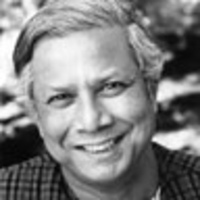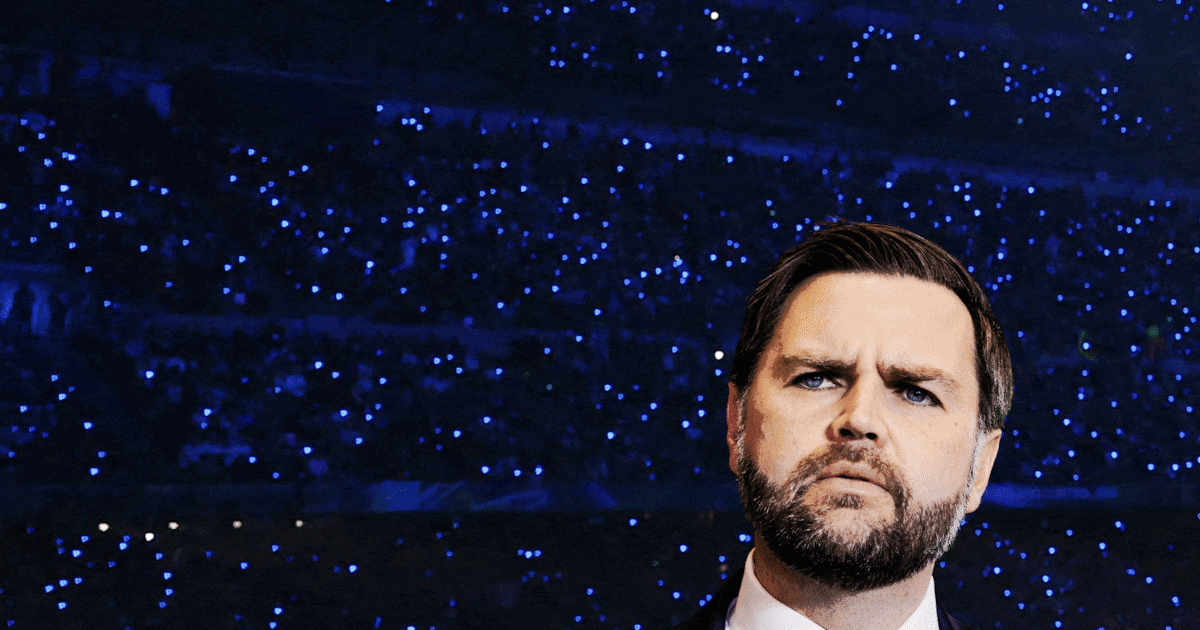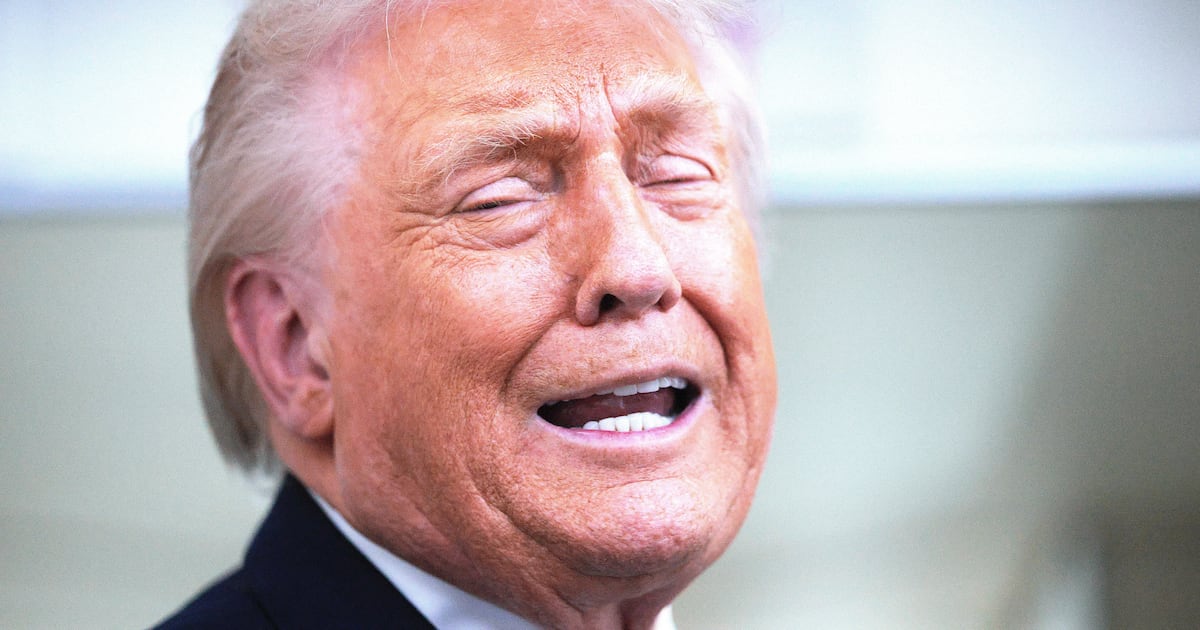
Nobel Peace Prize winner Muhammad Yunus says the real victims of the financial crisis are the poor in the developing world. Read an exclusive excerpt from his book Creating a World Without Poverty.
The granting of the Nobel Prize to Grameen Bank did a lot to focus the world’s attention on microfinance as a tool for alleviating global poverty, and it is encouraging to see so many countries adopting microfinance at the local and national levels. But in other ways, the last two years have been difficult.
The problems began with soaring food and oil prices. By the fall of 2008, the world economy appeared to be crumbling, with the most formidable pillars of the strongest economies on the verge of collapse and stock markets around the world plummeting.
This financial crisis offers an interesting illustration of the social failings of the existing capitalist system. Credit markets were originally created to serve human needs—to provide business people with capital to start or expand companies and to enable families to buy homes. In return for these services, bankers and other lenders earned a reasonable profit. Everyone benefited. In recent years, however, the credit markets have been distorted by a relative handful of individuals and companies with a different goal in mind—to earn unrealistically high rates of return through clever feats of financial engineering. They repackaged mortgages and other loans into sophisticated instruments whose risk level and other characteristics were hidden or disguised. Then they sold or resold these instruments, earning a slice of profit on each transaction. All the while, investors eagerly bid up the prices, scrambling for unsustainable growth and gambling that the underlying weakness of the system would never come to light. The result was to convert traditional capitalism into what many have described as “casino capitalism,” marked by irresponsibility and limitless greed.
It has been disheartening to see many of the world’s poorest falling back toward poverty just when we thought the planet was ready for a big step forward.
With the collapse of the housing market in the United States, the whole house of cards is falling apart. Millions of people around the world who did nothing wrong are suffering. And the worst effects, as usual, will be felt by the poor. As economies falter, as government budgets collapse, and as contributions to charities and NGOs dwindle, efforts to help the poor will diminish. With the slowing down of economies everywhere, the poor will lose their jobs and income from self-employment.
It has been disheartening to see many of the world’s poorest falling back toward poverty just when we thought the planet was ready for a big step forward. We had thought food shortages were a thing of the past, but now they are back – not due to any lack of productive capacity on the part of the world’s farmers, and certainly not due to lack of effort by the poor themselves, but largely because of forces that could have been averted—the financial crisis and the world’s failure to pay enough attention to the need to improve agricultural technology to increase yields. We have to focus our attention at the global level to tackle this great new challenge to the world’s poorest.
For poor people, daily food—just staples, not “luxury” items like meat or fish—can consume as much as two-thirds of their income. The current food crisis means that achieving many of the Millennium Development Goals will become an even greater challenge. We need a comprehensive global plan to ensure that things do not become any worse and reverse decades of economic progress.
How do we change this? Where do we begin? Three basic interventions can make a big difference in the existing system.
First, we need to broaden the concept of business by including social business in the framework of the marketplace. Making it easy for individuals and companies to see how business practices can be applied to solving social problems, especially those spawned by poverty, while reinvesting profits in the growth and expansion of the benefits thus created can create a “virtuous cycle” of ever-improving conditions for the planet’s least-fortunate citizens.
Second, we need to create inclusive social services that can reach out to every person on earth. These include services normally treated as part of the for-profit sector (such as financial services, food supply, and housing), those usually provided by government or non-profit institutions (such as education), and those that may traditionally be provided on either a for-profit or a not-for-profit basis (such as healthcare). It is absurd that after thousands of years of social and economic development, our systems in all these areas have such enormous blind spots—black holes into which hundreds of millions of people fall, simply because they don’t fit in the existing “business models.”
Third, we need to design appropriate information technology devices and services for the poorest and most underprivileged members of society and to make sure those devices and services get into the hands of those who need them. Information is power. If we guarantee that our most powerless citizens (men and women, young and old) have access to wireless telephony, Internet service, global television and news services, and other emerging forms of information technology, we will quickly find these people becoming more effective advocates for their own rights and interests.
Thankfully, the young people of today seem to be highly focused on these problems and sincerely interested in tackling them with creativity, energy, and focus. This is something I’ve observed in my travels around the world, and it is true in every corner of the globe…
For anyone who is wondering, “How can I contribute?” my answer is this: Start by designing a business plan for a social business. Decide which social problem you’d most like to tackle. Figure out what resources you can use to address it. Develop a plan for applying these resources efficiently and effectively. Then try turning that plan into reality. The social business you create based on your plan may be small, but if it works, it could end up being replicated in thousands of locations—and so end up changing the world.
Excerpted from Creating a World Without Poverty by Muhammad Yunus, newly revised and available from PublicAffairs ( www.publicaffairsbooks.com), a member of the Perseus Books Group.
Professor Muhammad Yunus is a Bangladeshi economist and banker who was awarded the Nobel Peace Prize in 2006, along with the Grameen Bank for efforts to to create economic and social development. He has served on the Global Commission of Women's Health, the Advisory Council for Sustainable Economic Development and the UN Expert Group on Women and Finance.






